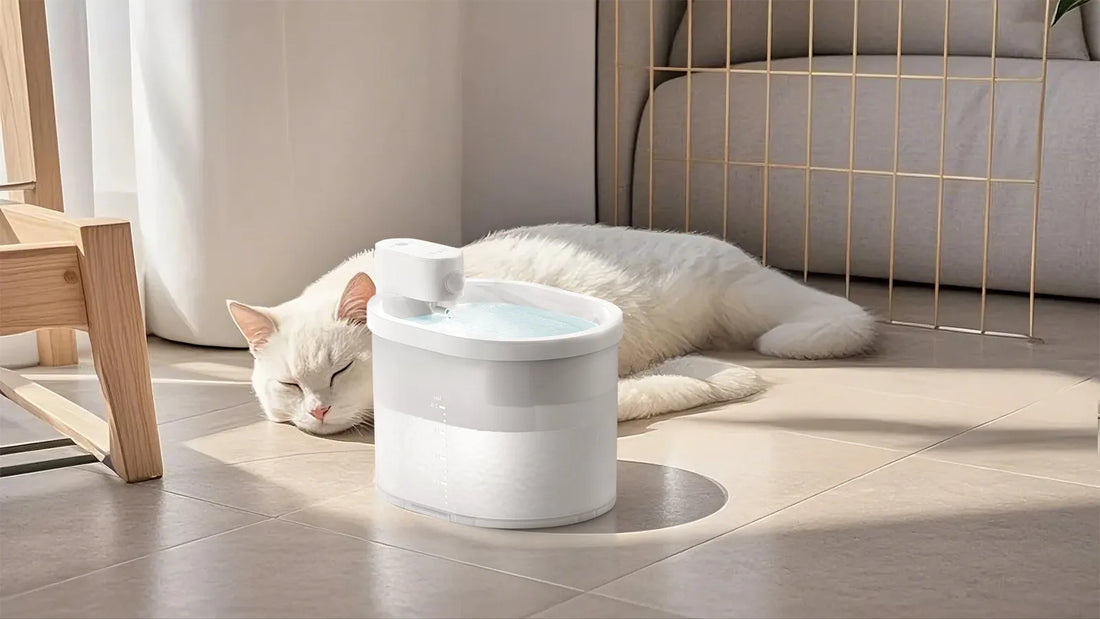Accidents happen, especially when you have a furry friend at home. Dog urine on hardwood floors can be a nightmare if not cleaned properly. Not only does it leave an unpleasant odor, but it can also cause long-term damage to your flooring. This guide will walk you through the best practices for cleaning dog urine from hardwood floors, ensuring your home stays fresh and your floors remain in pristine condition.
Understanding the Impact of Dog Urine on Hardwood Floors
Hardwood floors are a beautiful addition to any home, but they are also susceptible to damage from moisture. Dog urine, in particular, can seep into the wood, causing stains, warping, and even rotting if left untreated. The acidity of the urine can break down the finish of the wood, making it more vulnerable to further damage. Understanding the potential impact is the first step in effectively addressing the issue.
Immediate Steps to Take After an Accident
Time is of the essence when dealing with dog urine on hardwood floors. The sooner you act, the better your chances of preventing permanent damage. Here are the steps you should take immediately after discovering the accident:
- Blot the Area: Use a clean, absorbent cloth or paper towel to blot up as much urine as possible. Avoid rubbing, as this can spread the urine and push it deeper into the wood.
- Rinse with Water: Dampen a cloth with clean water and gently wipe the area to dilute the urine. Be careful not to saturate the wood, as excess moisture can cause warping.
- Dry Thoroughly: Use a dry cloth to remove any remaining moisture. You can also use a fan or dehumidifier to speed up the drying process.
Effective Cleaning Solutions for Dog Urine
Once you've taken the immediate steps, it's time to clean the area more thoroughly. Here are some effective cleaning solutions that are safe for hardwood floors:
- Vinegar and Water Solution: Mix equal parts of white vinegar and water in a spray bottle. Spray the solution onto the affected area and let it sit for a few minutes before wiping it away with a damp cloth. Vinegar is a natural deodorizer and can help neutralize the urine smell.
- Baking Soda Paste: Create a paste by mixing baking soda with a small amount of water. Apply the paste to the stained area and let it sit for a few hours before wiping it away. Baking soda is excellent for absorbing odors and can help lift stains.
- Hydrogen Peroxide: For tougher stains, you can use hydrogen peroxide. Apply a small amount to the stained area and let it sit for a few minutes before wiping it away. Be sure to test this solution on a small, inconspicuous area first to ensure it doesn't damage the finish.
Preventing Future Accidents
Prevention is always better than cure. Here are some tips to help prevent future accidents and keep your hardwood floors in great condition:
- Train Your Dog: Consistent training is key to preventing accidents. Teach your dog to go outside or use a designated area indoors.
- Use Protective Mats: Place mats or rugs in areas where your dog spends a lot of time. This can help catch any accidents before they reach the hardwood floor.
- Regular Potty Breaks: Ensure your dog has regular opportunities to go outside. This can help reduce the likelihood of accidents indoors.
- Clean Up Immediately: If an accident does occur, clean it up as quickly as possible to minimize damage and odor.
Long-Term Care for Hardwood Floors
Maintaining the beauty and integrity of your hardwood floors requires ongoing care. Here are some long-term care tips:
- Regular Cleaning: Sweep or vacuum your floors regularly to remove dirt and debris that can scratch the surface. Use a damp mop with a hardwood floor cleaner to keep the floors looking their best.
- Refinishing: Over time, the finish on your hardwood floors may wear down. Refinishing the floors can help restore their appearance and provide a protective layer against future damage.
- Humidity Control: Hardwood floors are sensitive to changes in humidity. Use a humidifier or dehumidifier to maintain a consistent humidity level in your home.
- Protective Measures: Use furniture pads to prevent scratches and avoid dragging heavy objects across the floor.
Dealing with dog urine on hardwood floors can be challenging, but with the right approach, you can effectively clean and protect your floors. By taking immediate action, using the right cleaning solutions, and implementing preventive measures, you can keep your hardwood floors looking beautiful for years to come. Remember, a little effort goes a long way in maintaining the health and appearance of your home.

![[🎃Halloween Sale]UAHPET Stainless Steel Self-Cleaning Cat Litter Box](http://www.uahpet.com/cdn/shop/files/1-cat-litter-box.jpg?v=1759128420&width=1600)












